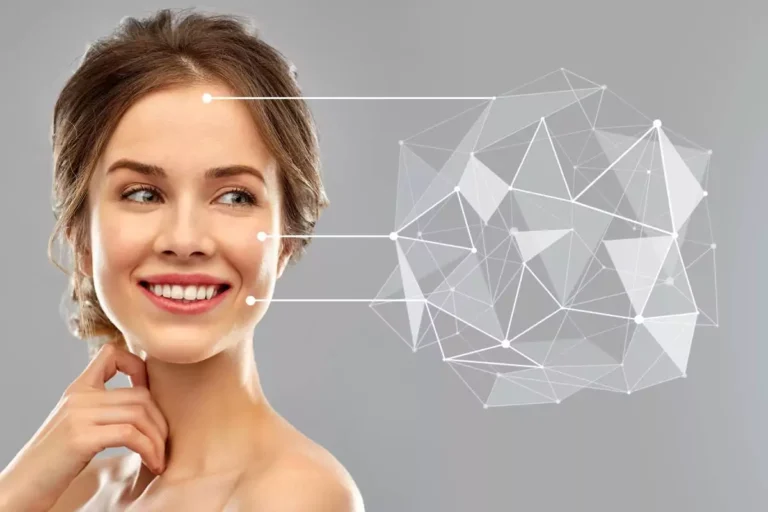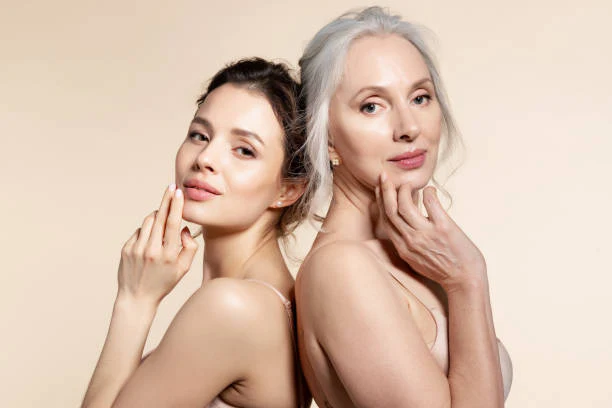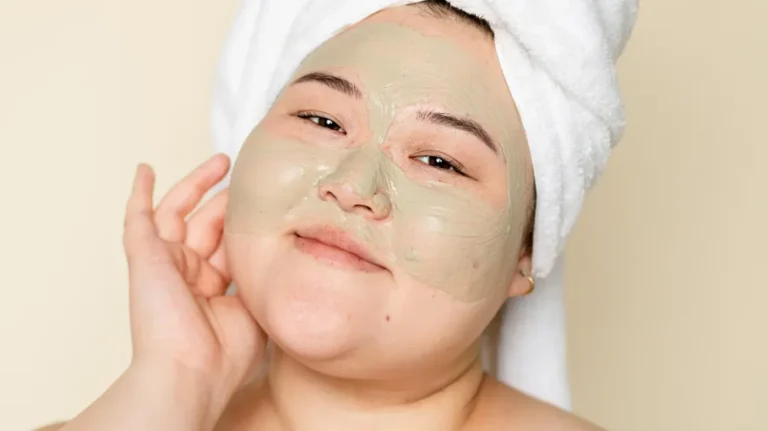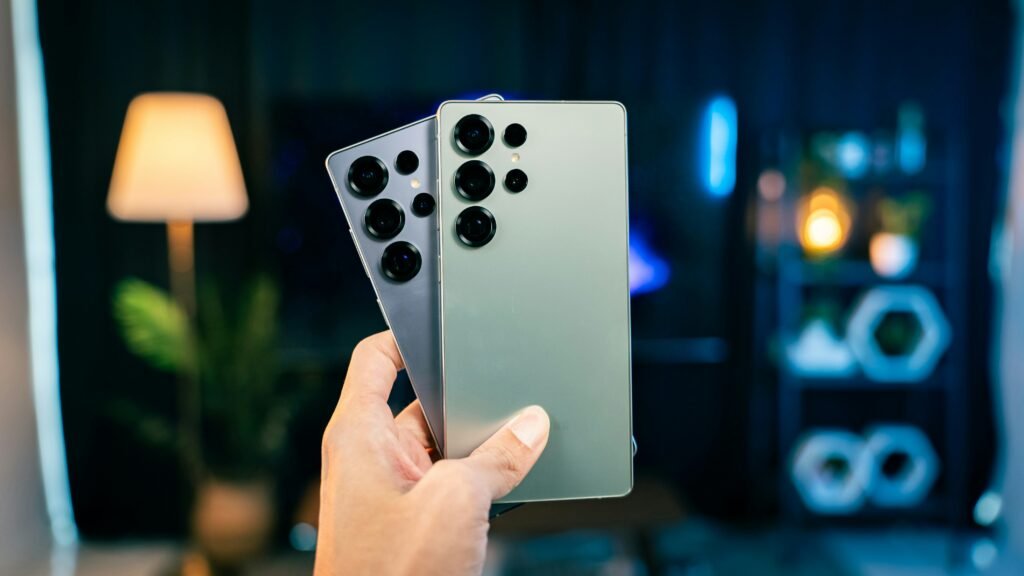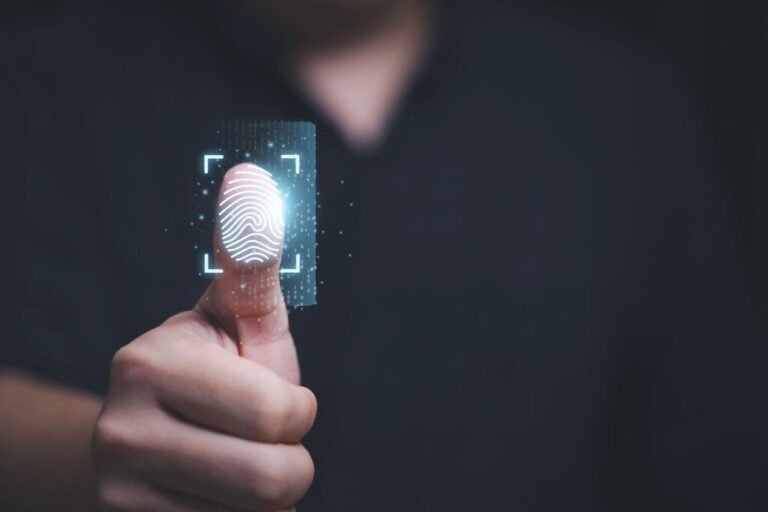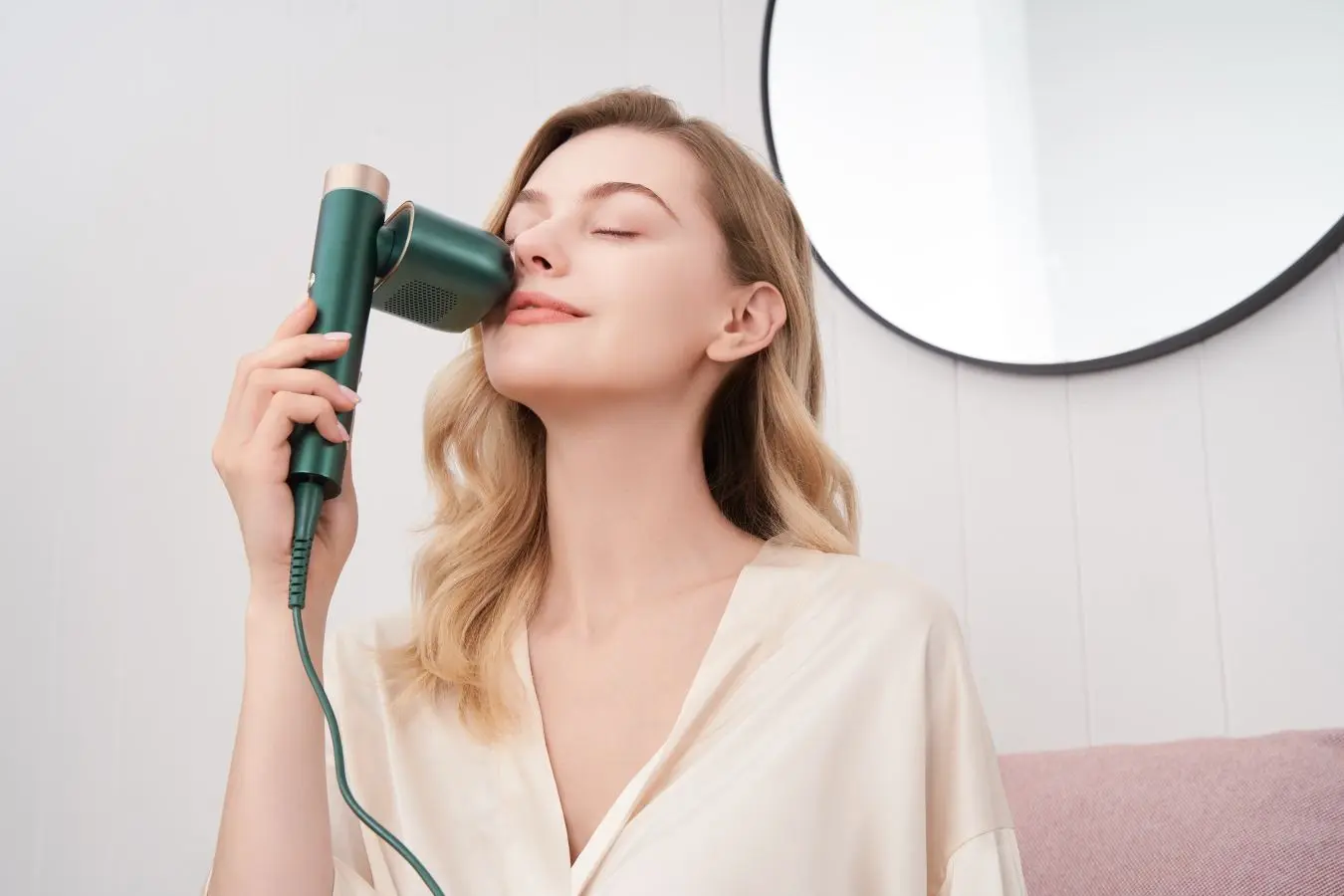
The industry of beauty has seen an incredible transformation over the past 10 years, driven by the latest technology. The industry was once dominated by traditional techniques and generic products The industry is now thriving with high-tech advancements that provide unparalleled levels of precision and personalization. From the use of artificial intelligence into routines for skincare to incorporation of virtual reality into your shopping experiences, tech has changed the standards of beauty for an entirely new age. This blog focuses on the most cutting-edge technology for beauty that is changing the way we think about beauty and self-care.
AI and Personalized Skincare
Artificial Intelligence (AI) is now an innovative approach to skincare. Because of AI-powered platforms consumers do not have to depend on one-size-fits-all products. These platforms assess specific skin conditions with advanced methods and algorithms, as well as machine-learning, recommending specific regimens. Large players such as L’Oreal and companies like Skinsei made use of AI to develop products that are hyper-personalised that are based on data provided by users including types of skin, tone and problematic areas. Chatbots as well as online dermatologists powered AI are now providing immediate advice, and democratizing access to the latest information on skincare from professionals.
Virtual Reality and Augmented Reality in Beauty
Virtual Reality (VR) and Augmented reality (AR) technology have dramatically improved the experience of shopping for beauty. AR-powered products like L’Oreal’s ModiFace let users “try on” makeup products on their phones, removing the fear of buying a product and encouraging buyers to make informed decisions. Customers can test different shades of eyeshadow or lipstick without applying them in person to save time and consumption. Brands that sell cosmetics are also using VR to provide an immersive experience, such as virtual stores, where customers can explore their products in a interactive space. These new technologies aren’t just practical, but they are also enjoyable and are bringing a new age of beauty experiences that are truly immersive.
The Rise of Smart Mirrors and Diagnostic Tools
Smart mirrors blur the lines between digital technology and beauty. These modern devices, armed with cameras, sensors and sophisticated algorithms, help users through their routines of skincare applying makeup, even perform the diagnostics of their skin. Companies like HiMirror and Lumini have mirrors that examine the appearance of fine lines, blemishes and hydration levels. They also recommend products to meet your needs. These tools help customers to better take treatment of their skin, by offering instant feedback and personalised recommendations. Mirrors like these are fast becoming the norm in salons and homes around the world with unbeatable accuracy and ease of use.
3D Printing in Cosmetics
The development of 3D printing has provided new possibilities in the field of cosmetics. The ability to design customized, on-demand cosmetics is not a distant dream but is now a real-time reality. Mink is a company that is at the forefront of 3D printing in the beauty industry offers users the ability to print customized pigment makeup products in just a few minutes. Imagine making a lipstick, or eyeshadow that is the exact color of your favorite dress or re-creating a look from a famous model in just a few moments. Beyond personalization 3D printing has increased sustainability in beauty through eliminating waste from products and packaging, which is in line with the industry’s dedication to sustainable methods.
Gene-Based Beauty Products
The rise of genetically-based skincare products shows how tech is becoming interwoven with beauty. Researchers have found that genetic makeup can have a profound impact on the condition of the skin, aging and the risk of developing issues like wrinkles and acne. Companies such as Geneu and SkinDNA make use of genetic testing to create products specifically designed to target specific genetic predispositions. By analysing DNA using the simple process of swabs and swabs, these companies offer precise scientifically-backed products that target particular skin issues. This trend towards precision beauty shows the impact of scientific advances on high-quality, effective products that deliver results.
The Impact of Microbiome Research on Skincare
Microbiome research has opened new avenues for skincare research. Researchers are now aware of the important importance that the microbiome of the skin-a collection of trillions of bacteria as well as fungi and viruses plays in ensuring its well-being and health. Skincare companies are harnessing this information to create products that improve the health and the range of the skin’s microbiome. Barrier-strengthening creams, probiotic serums, and prebiotic cleansers are gaining traction as consumers prioritize skin health over superficial aesthetics. Companies such as Mother Dirt are leading the trend by using microbiome-friendly formulations and emphasizing the significance of science-based skincare routines.
The Future of Beauty Tech
With technology continuing to advance and advance, the future of technology for beauty is full of exciting opportunities. Blockchain technology for transparency of products and nanotechnology to create advanced formulations and artificial intelligence to provide real-time skin analysis are only the beginning. The use of wearable cosmetic devices could be in the near future, allowing customized regimens for beauty in the field. But, as beauty becomes more technologically-driven, the beauty sector must ensure that these advances remain available and ethical. It doesn’t matter if it’s inclusion in the use of digital tools or sustainable manufacturing practices the beauty industry, it should be advancing by adopting a consumer-first approach.
FAQs
1. Are beauty tech tools costly?
Some beauty tools are costly. While expensive devices can cost a significant cost, budget-friendly alternatives are now catering to a range of budgets.
2. Can AI identify skin problems with certainty?
AI tools are extremely effective in analyzing skin conditions and giving suggestions. But, in the case of serious issues seeking advice from a dermatologist be sought.
3. Are microbiome-friendly products appropriate for anyone?
These products are designed to work in harmony with all types of skin by helping to support the skin’s natural environment.
4. What are the ways AR beauty apps perform?
AR beauty apps utilize the camera on your phone to overlay virtual cosmetics on your face and allow you to play with different shades and styles in real-time.
5. What’s next in beauty tech?
The future may bring wearable beauty technology, advances in genetically-based skincare, and more emphasis on green innovation.
